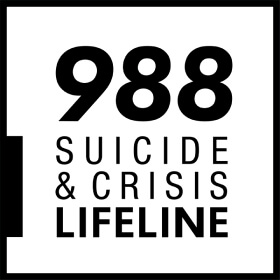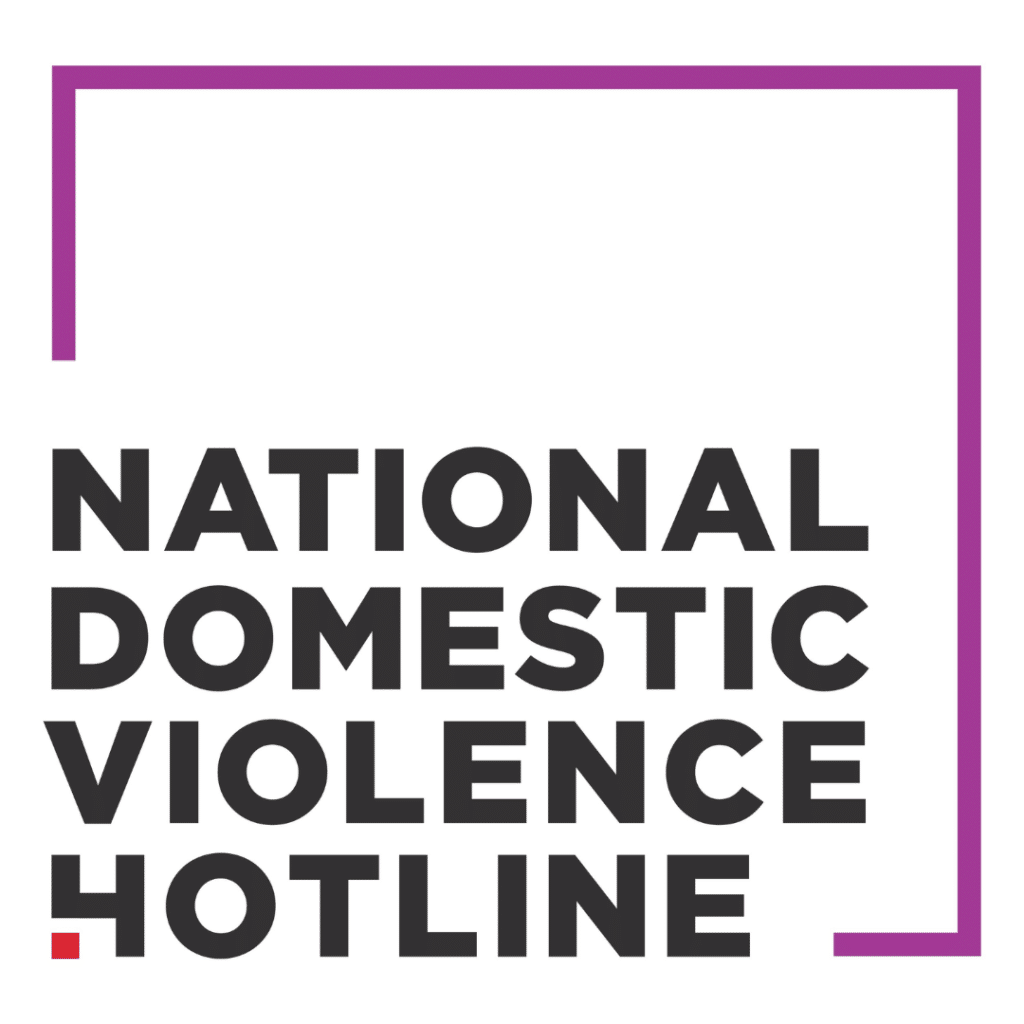Do I Need To Forgive In Order To Heal?

The concept of forgiveness can be activating and retraumatizing for some survivors. Nearly three out of four sexual assaults are committed by someone the survivor knows.1 When the perpetrator is someone the survivor knows, it is likely that they also know other people in their life. Unfortunately, survivors are sometimes put in the difficult position where their family or peer group are pressuring them to forgive. For many survivors, this feels as though others are trying to sweep what happened under the rug, because the truth is uncomfortable and too difficult for many people to navigate.
Yet, it isn’t uncommon for other survivors to state that forgiveness helped them heal. Hearing this from other survivors can feel scary, because some survivors may feel as though they will never heal unless they forgive the person who hurt them.
Is Forgiveness The Key To Healing?
Everyone defines what it means to heal from trauma in their own way. Healing is a process and can look different for everyone. It is neither linear nor universal. In reality, there isn’t one “correct” way to heal from trauma. The same methods that work for one person won’t necessarily work for someone else, and someone’s healing journey doesn’t always go in a straight line.
What Does It Mean To Forgive?
There isn’t one definition for forgiveness, and often which definition is being used is where the miscommunication between survivors lies. While everyone defines forgiveness differently, there are generally two different concepts of what it means to forgive:
Definition 1: absolving someone of blame for something they’ve done and no longer holding resentment towards them; giving them a clean slate
Definition 2: no longer feeling controlled by pain caused by someone else’s actions
Definition 1 can be very activating, and it is often the definition that most people think of when they hear the term “forgiveness.” However, it is not usually what other survivors mean when they use the term “forgiveness.” They often mean what is conveyed by definition 2– that healing meant releasing the control that the perpetrator’s actions had on their life. Definition 2 is ultimately a core facet of the healing process, but for some, because definition 1 lies in the forefront of their mind when they hear the word “forgiveness,” they may want to label the concept as something else.
It’s okay to not want to use the term “forgiveness” to describe this process. When many people hear the term “forgiveness,” they automatically center the person who did something wrong, but those who use definition 2 of forgiveness are centering themselves. This means that the process of forgiving is for their benefit and not the benefit of the perpetrator.
Can I have Negative Feelings Towards The Perpetrator and Still Heal?
It is possible to heal from a traumatic event and still resent the individual who perpetrated it, the difference is that healing means the resentment has less of a hold over the survivor’s life and mental well-being. A survivor isn’t a bad person or not healed if they still harbor negative feelings towards the perpetrator. Ultimately, healing just means that these feelings no longer control a survivor’s day to day life.
Choosing to label the process of moving forward from the event as “forgiveness” also doesn’t mean that one is giving the perpetrator a clean slate, or that the perpetrator is welcomed back into their lives. Even if survivors find that definition 1 does suit their concept of what it means to forgive, this doesn’t mean the perpetrator is welcomed back into their life. Survivors can let go of all negative feelings towards the perpetrator and still not want a relationship with them. If survivors do choose to have some kind of relationship with the perpetrator, that also doesn’t mean that the act of sexual violence didn’t happen or is invalid.
Ultimately, every survivor gets to decide what their healing journey looks like, how they define forgiveness, and whether or not forgiveness is part of that process. What truly matters is that the survivor gets to a place where they are at peace and no longer feel as though their life is controlled by what happened.
Sources
- Department of Justice, Office of Justice Programs, Bureau of Justice Statistics, National Crime Victimization Survey, 2010-2016 (2017).

988 Suicide and Crisis Lifeline
988 Lifeline is a national network of local crisis centers that provides free and confidential emotional support to people in suicidal crisis or emotional distress 24 hours a day, 7 days a week in the United States. We’re committed to improving crisis services and advancing suicide prevention by empowering individuals, advancing professional best practices, and building awareness.

National Sexual Assault Hotline
RAINN is the nation’s largest anti-sexual violence organization. RAINN created and operates the National Sexual Assault Hotline in partnership with more than 1,000 local sexual assault service providers across the country.
Phone: 800-656-4673
Chat: Click here to chat

VictimConnect Resource Center
VictimConnect is a referral helpline where ALL crime victims can learn about their rights and options confidentially and compassionately.
Phone and text: 855-4-VICTIM
Online chat: Monday-Friday from 9am to 5pm EST



